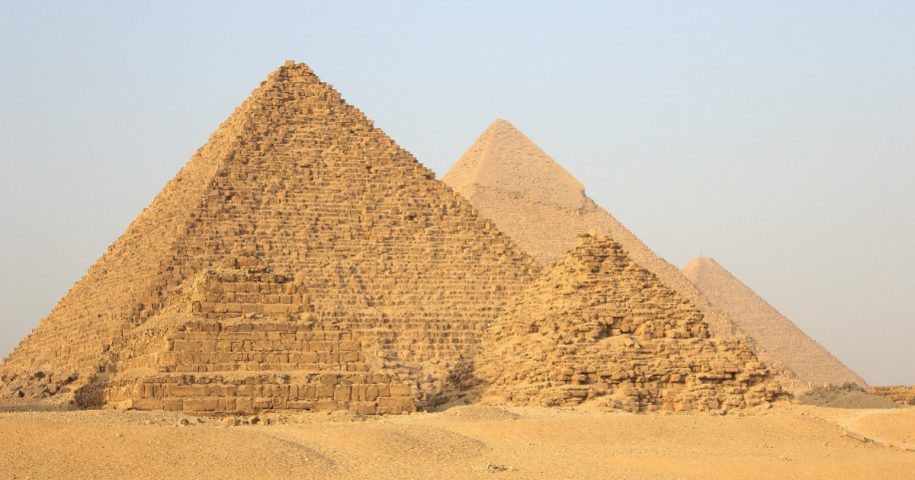Egypt on Map is a country located in the northeastern part of the African continent, bordered by the Mediterranean Sea to the north, Libya to the west, Sudan to the south, and the Red Sea to the east. It is the 30th largest country in the world, covering an area of approximately 1,010,000 square kilometers.
Egypt has a rich history and cultural heritage and is known for its ancient civilization and landmarks such as the Pyramids of Giza, the Great Sphinx, and the Nile River. The Nile River is the longest river in the world, running through 11 countries and flowing through Egypt for over 6,600 kilometers. The river played a crucial role in the development of Egypt’s civilization and economy, providing a source of water for irrigation, transportation, and fishing.
Egypt has a diverse landscape, ranging from the sandy deserts of the Sahara in the west to the fertile Nile Valley in the east. The country is divided into four main regions: the Nile Valley and Delta, the Western Desert, the Eastern Desert, and the Sinai Peninsula. The Nile Valley and Delta is the most populous region, with over 90% of Egypt’s population living along the banks of the Nile River.
Cairo, the capital city of Egypt, is located in the Nile Valley and Delta region and is home to over 20 million people. Other major cities in Egypt include Alexandria, Luxor, and Aswan. The country has a population of approximately 104 million people, making it the most populous country in the Arab world and the third most populous country in Africa.
Egypt’s economy is heavily reliant on tourism, petroleum exports, and remittances from Egyptians working abroad. The country is also a major producer of cotton, natural gas, and cement. Despite challenges such as political instability and security concerns, Egypt has experienced steady economic growth in recent years, with a GDP of over $300 billion.
In conclusion, Egypt is a fascinating country with a rich history and culture, located in a strategic position on the map at the crossroads of Africa, Asia, and Europe. Its position on the Nile River and its access to the Red Sea have contributed to its development and prosperity throughout history, making it an important player in the region and the world.


Leave a Reply